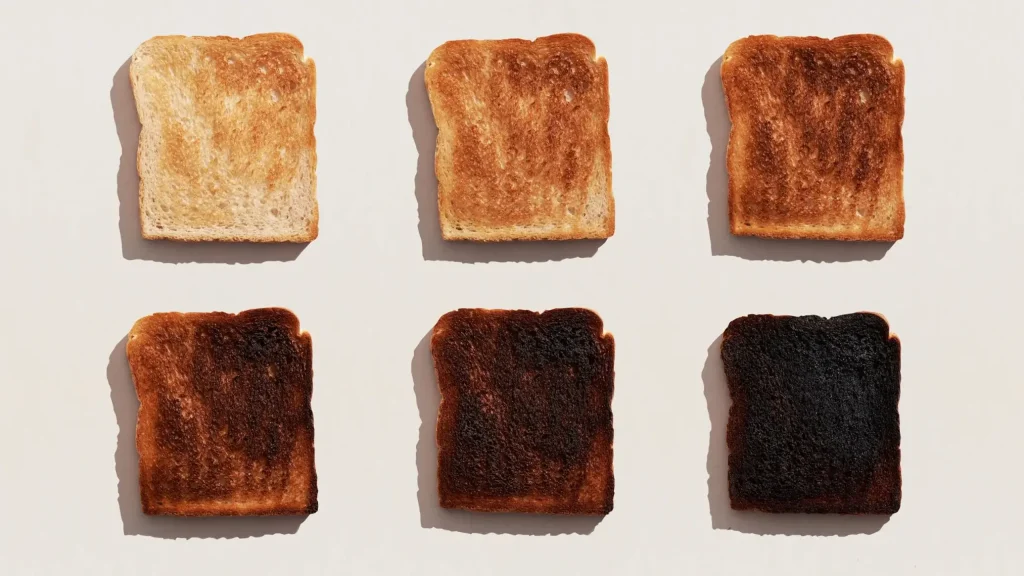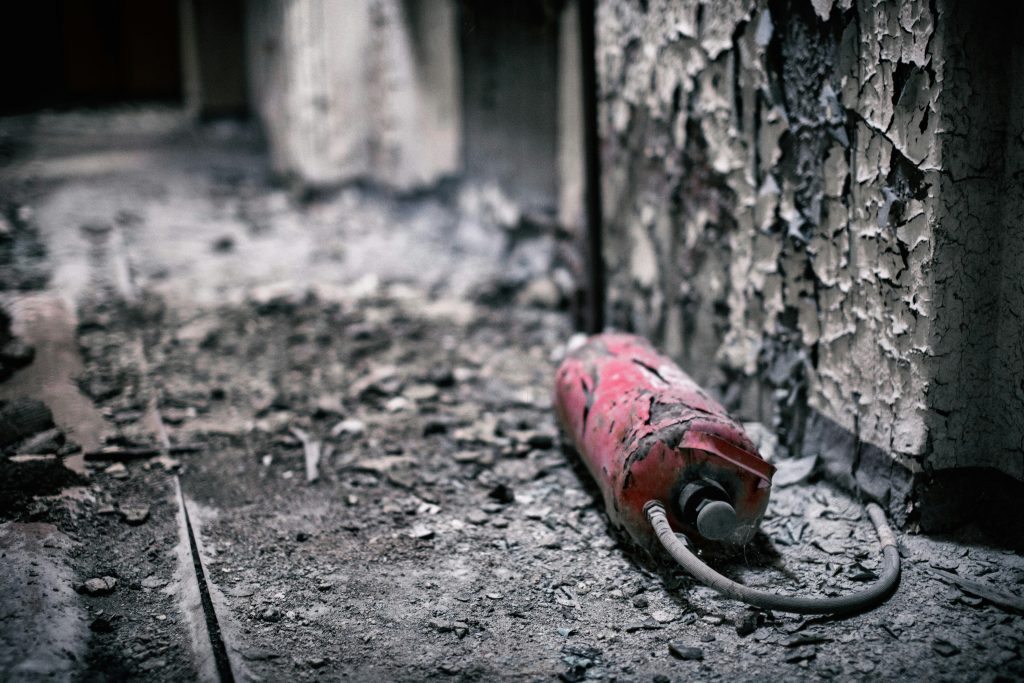
Serein Inclusion Team
3 min read
What we see online often plays a key role in breaking the mould of stereotypes. TV Shows have pushed forth in this domain, be it through the Chess masterpiece in the Queen’s Gambit or the Urdu dramedy in Chudails.
- All
- People and culture
- Domestic violence
- Life at Serein
IC recommends disciplinary action proportionate to harassment severity. Final implementation rests with the employer, but non-compliance risks legal challenge.
Strategic policies include trauma reporting protocols, bystander empowerment modules, restorative justice options & climate surveys - moving beyond basic compliance.
Tier II training must: use local languages, address regional power structures, involve community leaders & include practical reporting demonstrations.
Key proposals: Mandate external IC members, include transgender protections, penalise non-reporting employers & cover gig/unorganised sectors explicitly.
HR must: Immediately document details, protect complainant from retaliation, preserve evidence & refer to IC within 24 hours - never mediate informally.
Local-language PoSH training breaks barriers: using regional idioms, case studies & multilingual materials ensures accessibility in diverse workplaces.
Trust is about confidence in others; psychological safety is about confidence in being yourself. Together, they shape open, resilient teams where people thrive.
Psychological safety is key for an essential workplace. According to Timothy R Clark’s work, it is of four types: Inclusion, Learner, Contributer and Challenger safety.
Empathy is noticing what others miss; being an empathetic bystander means responding with care, not silence, and helping shape safer, more respectful workplaces.
When we wait for others to act, nothing changes. Overcoming the “someone else will do it” mindset means stepping up, even when it’s uncomfortable, to create the change we seek.
This work describes the nature of psychological safety, its appearance and the illusory role it plays upon developing company success.
This piece attempts to discern the reason for increasing Queer presence in modern media, and finds mental health, media celebrities amidst major contributors.
Silence around domestic violence hurts workplaces too. Recognise signs, offer safe support systems & flexible policies to help survivors heal & retain employment.
India’s Domestic Violence Act protects both parties in live-in relationships. Understanding this legal recognition is crucial for safety & seeking rightful recourse.
Cinema often sensationalises domestic violence. Responsible storytelling should highlight realities, survivor strength & pathways to support, not perpetuate myths.
Gaslighting is psychological abuse making victims doubt their reality. Recognise manipulation tactics, trust your instincts & seek support to break free from this.
Women have the right to protection orders, residence, monetary relief & legal aid under India’s Domestic Violence Act. Knowing these enables survivors to be safe.
Consent & boundaries are key. Domestic violence shatters both. Rebuilding starts with respecting autonomy & recognising coercive control as a violation of rights.
A break doesn’t break your career. With patience, purpose, and a little ‘me time,’ a restart can be a reinvention – on your terms, in your time, with confidence.
Career breaks don’t erase capability. With experience, adaptability, and the right support, women returning to work can lead fast, thrive faster and uplift teams too.




















